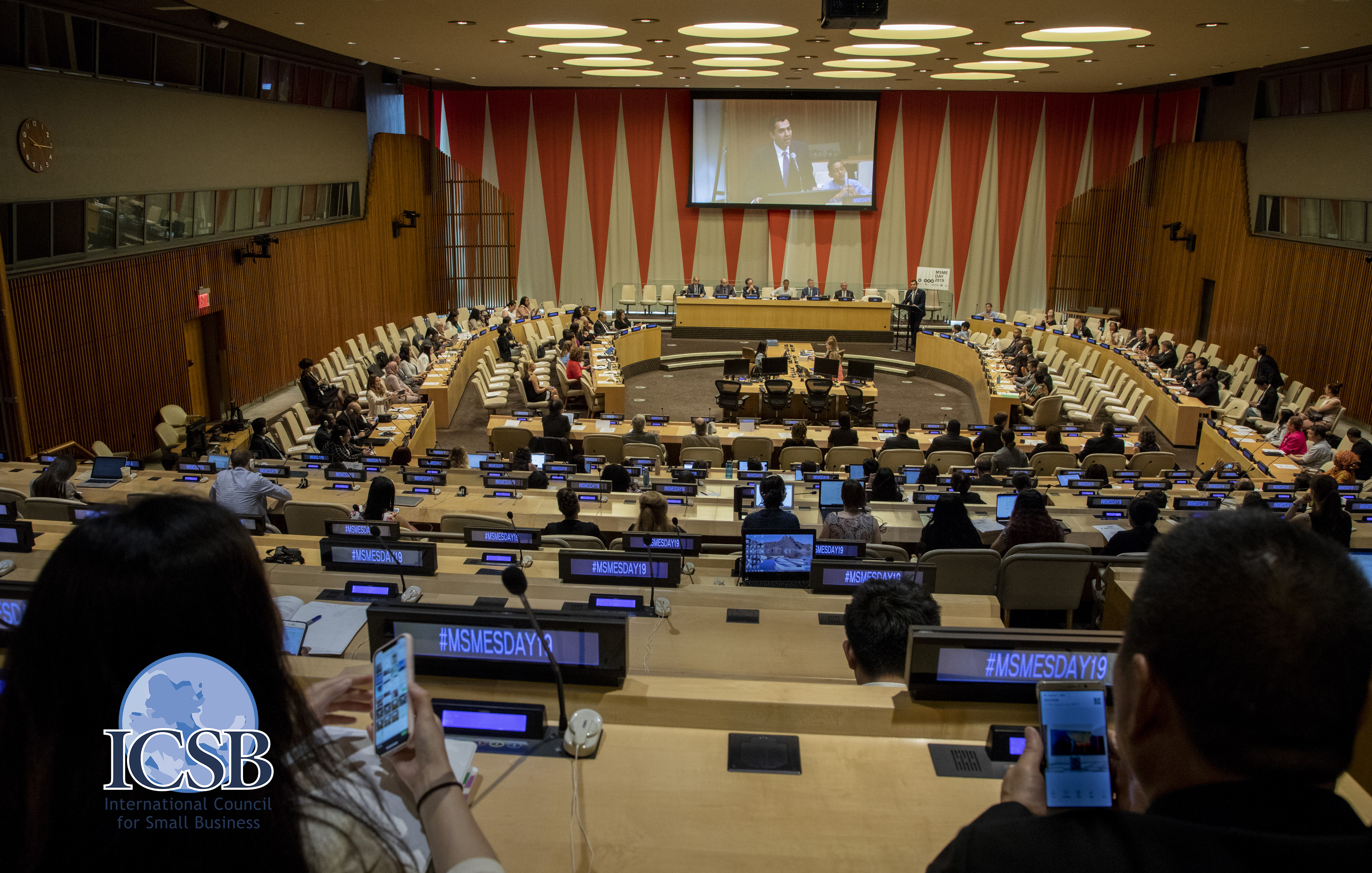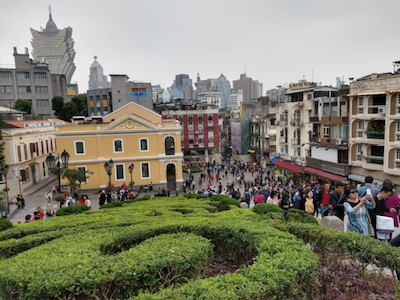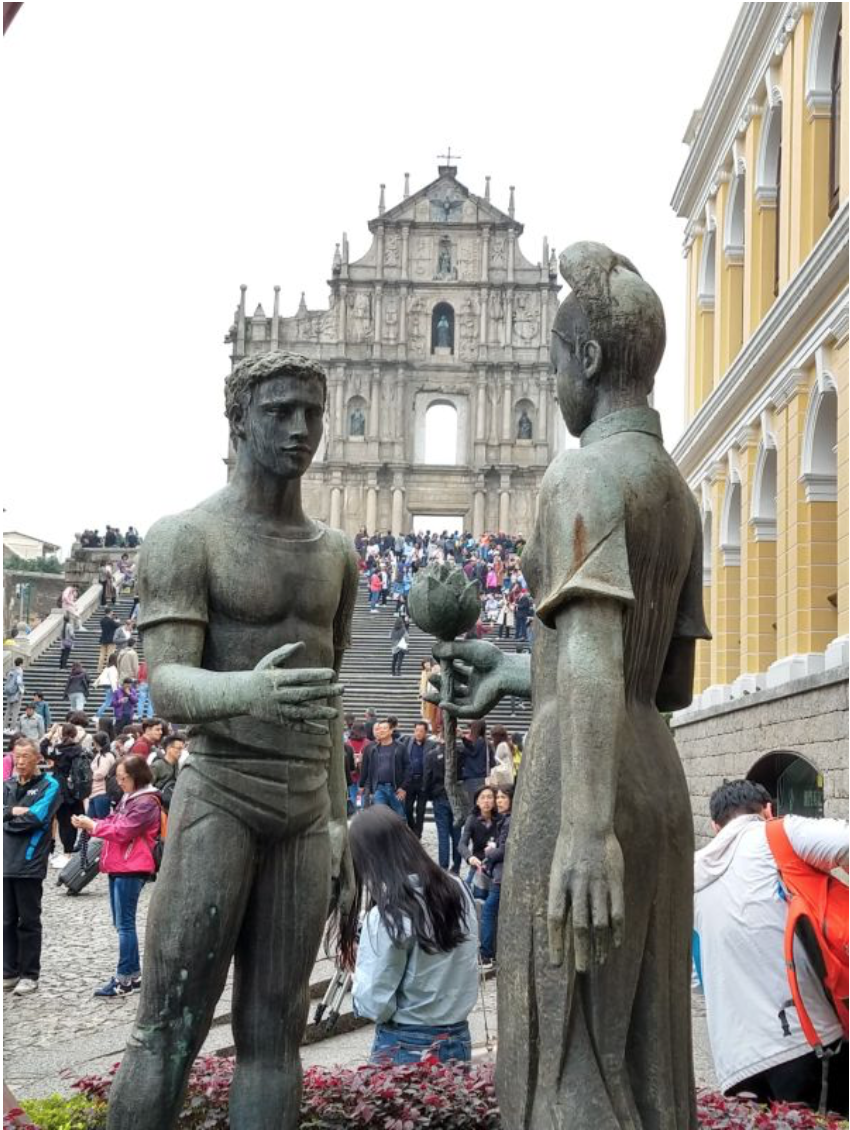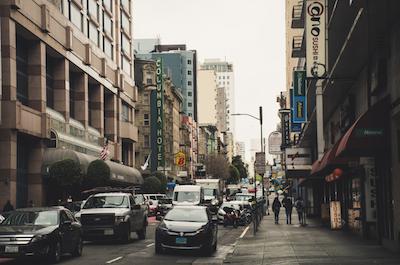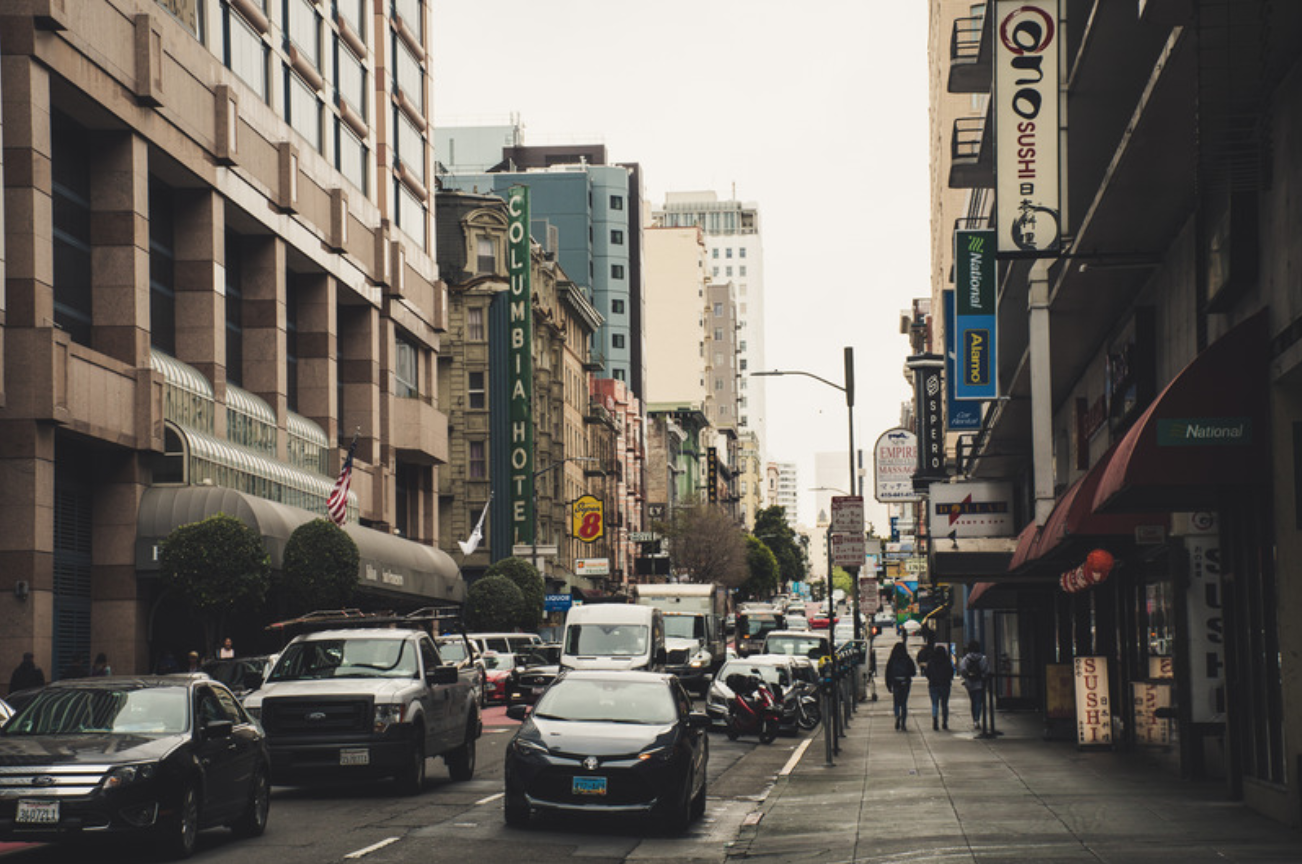The Paris Exposition of 1900 — Paris Exposition Universelle — introduced marvels that would shape the future as they ushered in the dawn of the twentieth century. The world’s fair was visited by an astounding fifty million visitors and featured flying machines, plus other inventions and architecture that would mark the new century, among them the Grande Roue ferris wheel, diesel engines, talking films, escalators, and the first magnetic audio recorder, called the telegraphone.
The 1900 Paris Exposition had the largest participation of any exposition with more than 83,000 exhibitors. But most importantly, it secured Paris’ reputation as a leading city of the modern age. Paris showed the world that it was in the forefront of technological innovation with the Metro, Gare de Lyon, and the Pont d’Alexandre III. Here are some highlights.
Innovation and entrepreneurship are needed in society as much as in the economy, in public services as much as business. What we need is an entrepreneurial society in which innovation and entrepreneurship are normal, steady, and continuous. It will require the entrepreneurs/leaders in all institutions to make them ongoing, everyday activities.
Modern society is a hyper-connected society. The integration and convergence of many specialized fields has been evident throughout history. The impact of these convergences on the world is enormous. Converged creativity is especially noteworthy. If Edison is the model for the original notion of creativity, Steve Jobs is the one for converged creativity. Convergence is the hallmark of the “mega synergy” era. The simple formula of the past, 1 + 1 = 2 + α, is passing away. In fact, the +α concept, which has been emphasized in economics and business management literature for decades, is now a limitation. However, the mega synergy created by the convergence of different products from different sectors in the modern era overcomes this limitation.
It is natural that business models should change with time. The one-product-market model was applicable during the eras of agrarian and early industrial societies, when the value chain systems were quite simple. However, with the ever- more-sophisticated information technologies of these days, the one-product-market model is rapidly disappearing because of the competitive nature of today’s business world and the creativity and constant innovation occurring in many companies.
Technological innovations should be embraced as part of the solution for MSMEs to increase productivity and focus on job creation. Developed countries are also exploring the possibility that we may need to revisit the concept of the digital universal basic income as human jobs are replaced by machines. It was noted that while we may treat human capital as other capital, human capital should not depreciate over time. We need to support an evolved educational system with the private sector driving training.
The human aspect of small businesses cannot be underestimated, and we need to develop guiding principles about human behavior. The concept of Humane Entrepreneurship presents a new way of how employee and employer can work together more efficiently and sustainably.
Happiness in the end is more important than the simple fulfillment of physical needs. People are more willing to participate in entrepreneurship in their local communities and contribute to a sustainable world.
ICSB is heading to Paris, France for the 65th World Congress.
Time to bring together the world. Time to change the world for the better like the The Paris Exposition of 1900 — Paris Exposition Universelle.
This time it is the L’Exposition Universelle de’ Entrepreneurship.
Sincerely,
Dr. Ayman El Tarabishy
Executive Director of the International Council for Small Business (ICSB)


